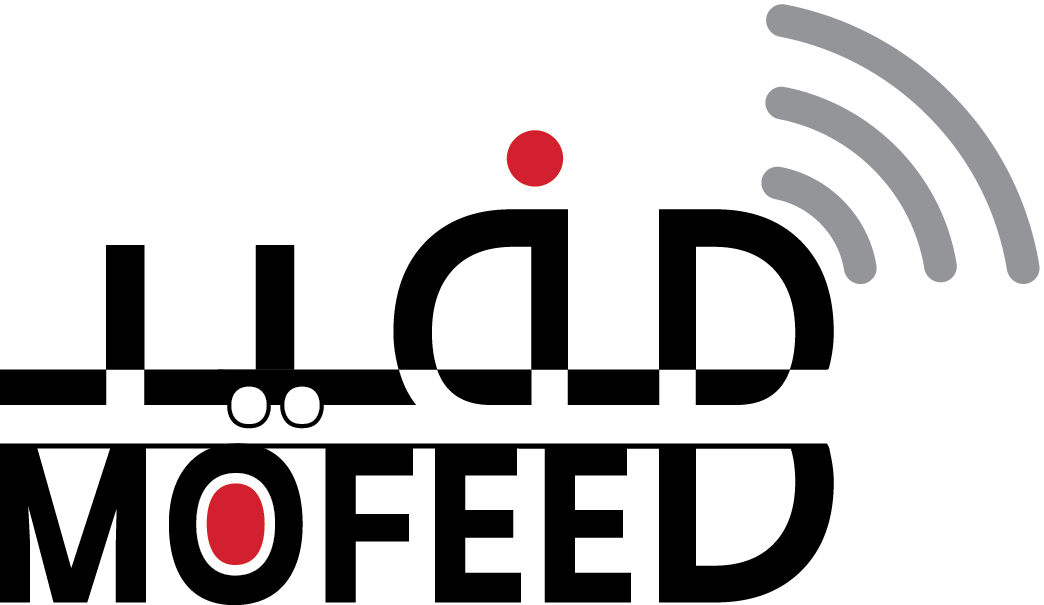The Role of Liquidity Creation in Managing the COVID-19 Banking Crisis in Selected MENA Countries
International Journal of Financial Studies This article evaluates the effectiveness of liquidity creation as a main force, in conjunction with other performance predictors such as efficient asset management, asset quality, and bank size, on bank financial performance during the COVID-19 financial crisis in 11 MENA countries. Journal Article
Read More